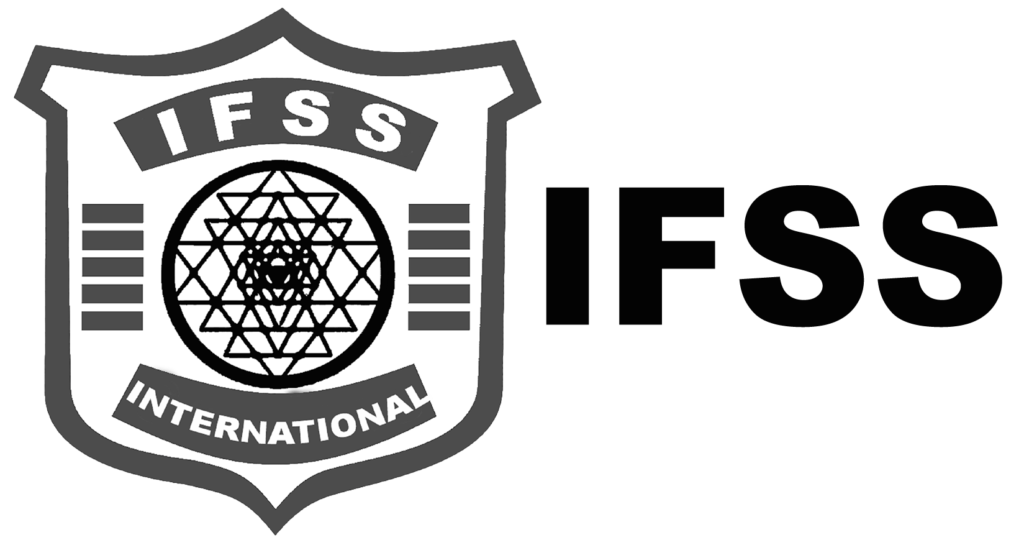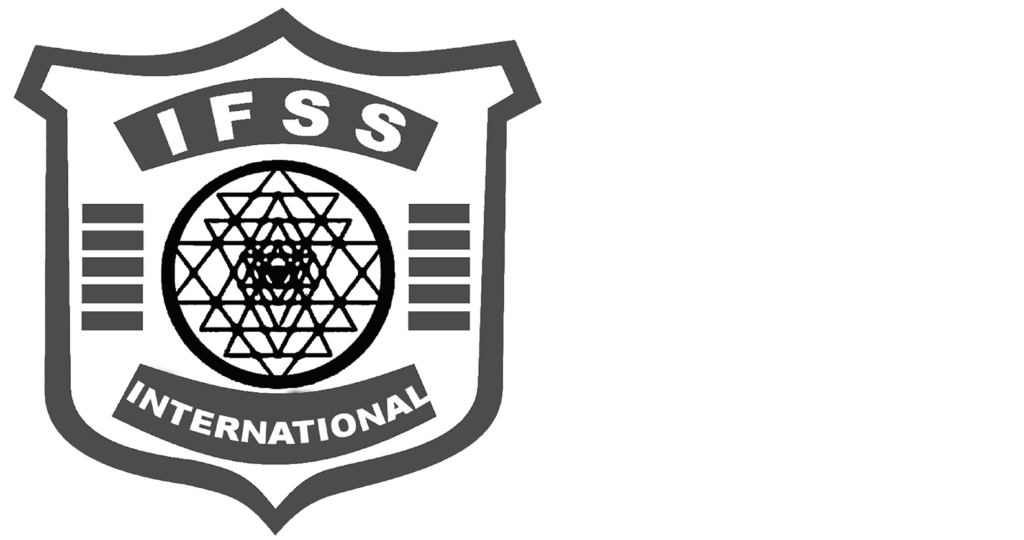India Expects Free Trade Agreement with EU to be “Game Changer” External Affairs Minister
India expects its proposed free trade agreement (FTA) with the European Union to be a “game–changer“ and is looking forward to securing a mutually advantageous conclusion to the negotiation process for the pact within a “short planned timeline“, External Affairs Minister said. In an address at an event at the Confederation of Indian Industry (CII), the Minister also noted that both Europe and India can strengthen each other‘s strategic autonomy by reducing dependencies, cooperating on critical technologies, and restructuring their respective supply–chains.
“We expect the India–EU FTA will be a game–changer for the India–EU relationship. We look forward to a mutually beneficial, mutually advantageous conclusion to the negotiation process within a reasonably short planned timeline,” said the Minister.
In June 2020, India and the European Union restarted negotiations for the long–pending trade and investment agreement after a gap of over eight years. Since being launched in 2007, talks surrounding the agreement have been hampered by fundamental differences on key issues. In regards to this, the External Affairs Minister said that “India‘s new approach to trade agreements addresses issues of non–tariff and behind–the–border barriers, quality standards and related benchmarks…with like–minded partners, we have actually demonstrated in recent years a fast–track change in our FTA negotiation processes. FTAs with the UAE and Australia were actually concluded in record time.” Behind–theborder barriers are non–tariff discriminatory trade barriers within a country.
“Europe and India can strengthen each other‘s strategic autonomy by reducing dependencies; cooperating on critical technologies; and ensuring supply chain restructuring. The India–EU FTA is, therefore, our very important goal,” said the External Affairs Minister. She additionally touched on the recently unveiled Trade and Technology Council (TTC), stating that it would provide structure and strategic guidance to enhance the partnership between both entities. It is expected that TTC will facilitate exchange of critical technologies such as artificial intelligence, quantum computing, semiconductors, and cyber security. This marks as the second such technology partnership between the EU and a Western nation following one with the United States in 2021.
Finally, External Affairs Minister highlighted that “India‘s relations with Europe [are] stronger and deeper than ever before” – illustrated by this event itself – making clear that “the business communities of India and Europe have a large stake and an enabling role in this transformation.”

